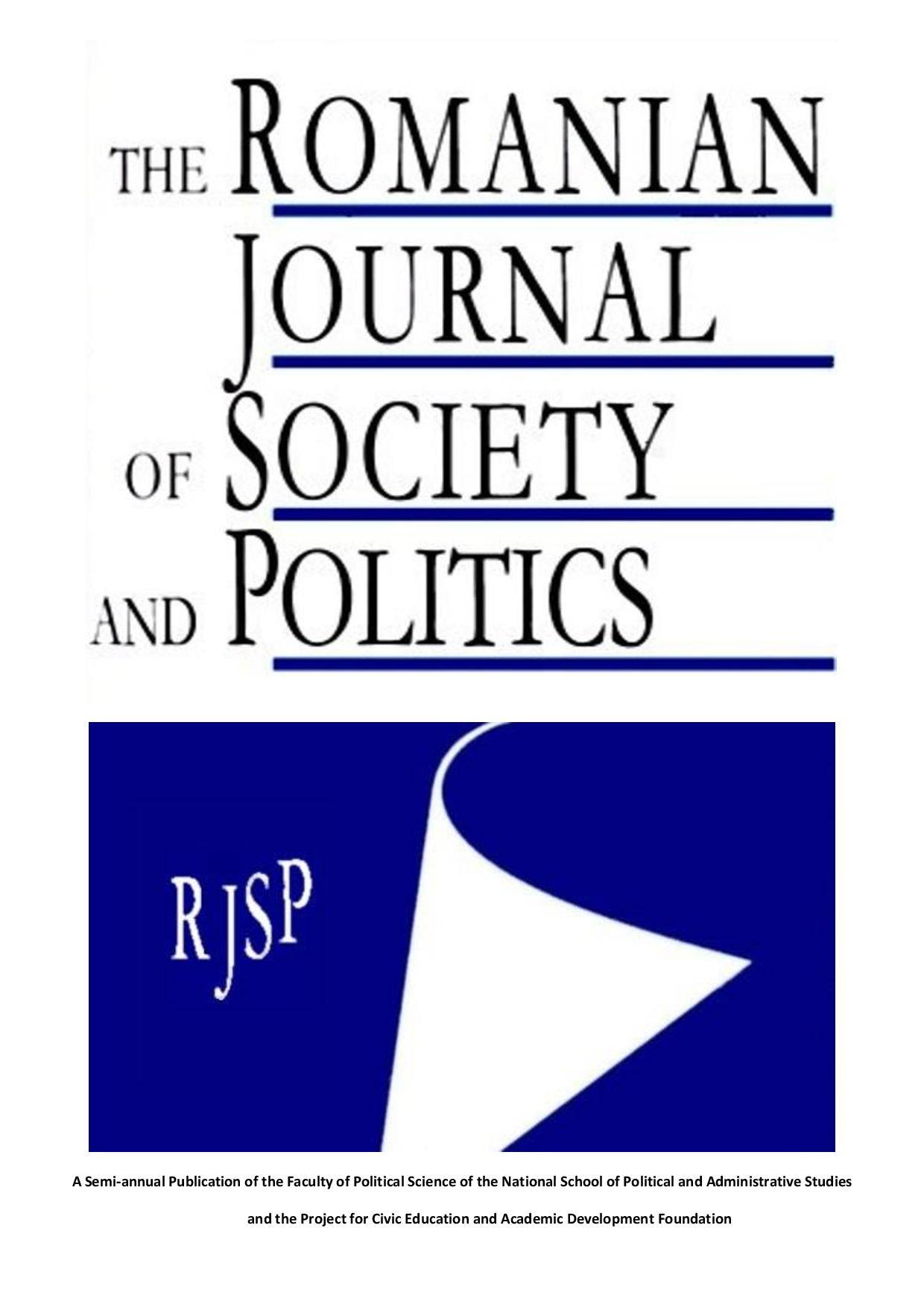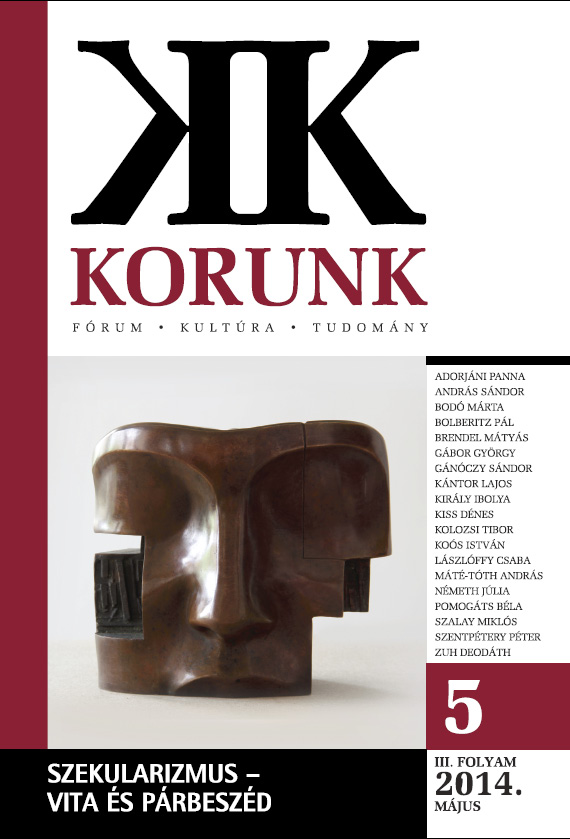
We kindly inform you that, as long as the subject affiliation of our 300.000+ articles is in progress, you might get unsufficient or no results on your third level or second level search. In this case, please broaden your search criteria.


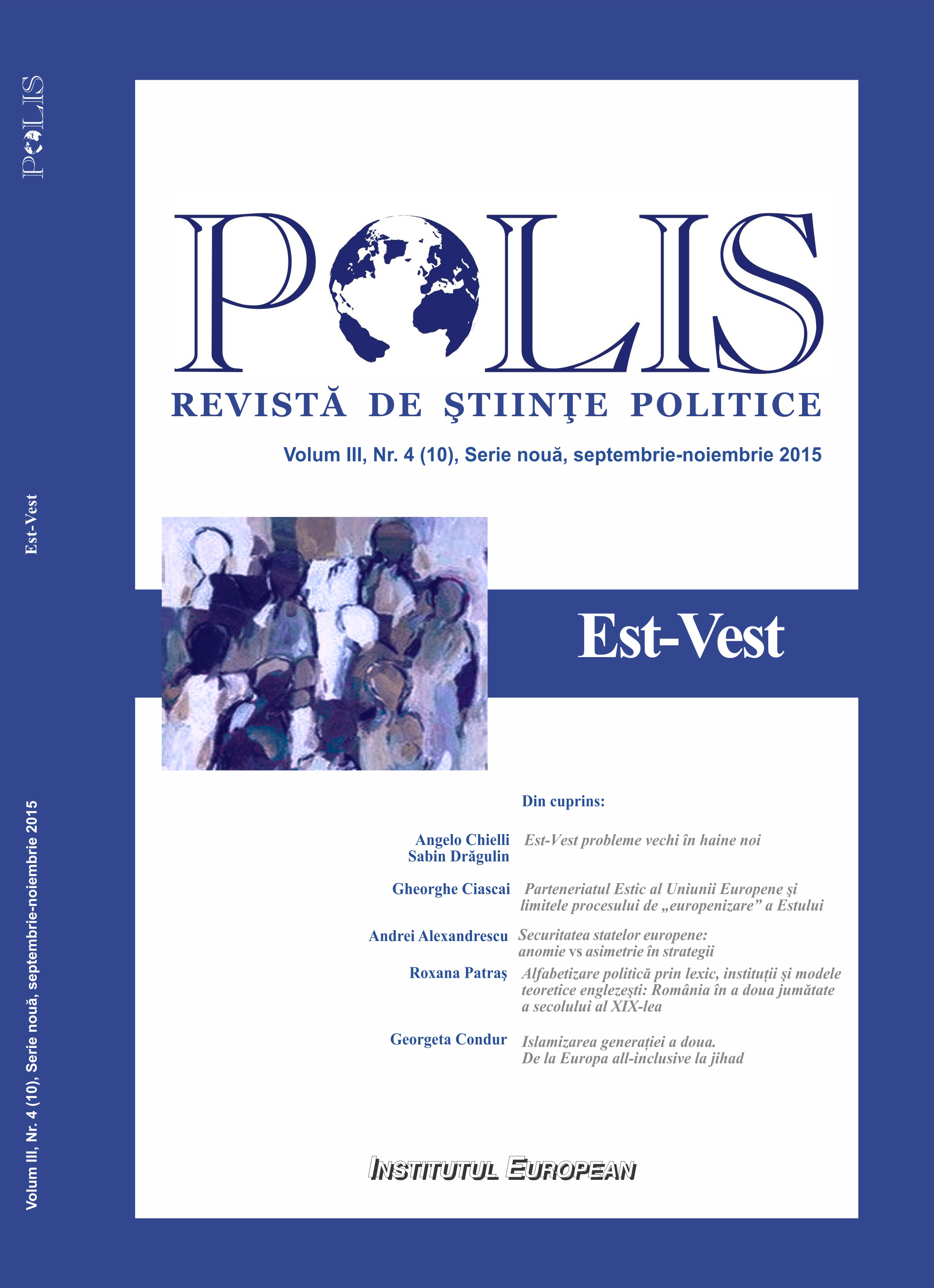
The present article endeavours to explore the political terminology of Anglo-Saxon origin, as well as to emphasize the influence of the Anglo-American political model through the analysis of some speeches delivered in various political contexts by the most appreciated Romanian orators of the 19th century. The assumption that, besides the interactions with French and German models, a third influence (the English, the British or the American) may be taken into consideration has been already suggested by several historians’ research. However, our hypothesis is that the Anglo-Saxon model can be emphasized not only in the “archives” of immediate economic or diplomatic interests, but as a cultural „mediator” between the French culture’s “modelling influence” and the German culture’s “catalytic influence” (according to Lucian Blaga’s theories). The relationship between the beginning of the Romanian political civilization (the stage of political literacy) and the Anglo-Saxon tradition shall be inquired from three perspectives: 1. As a step-by-step evolution; 2. As an ideal standard of political civilization; 3. As a mediation formula between opposite realities and principles (absolutism – democracy/ constitutional monarchy; centralisation – local autonomy/ federalism etc.). In the first part of the article, I propose a list of English words that are imported in the Romanian language of the 19th century and are put into circulation by the speeches delivered in the Romanian Parliament. In complementarity with the lexicographic analysis, I will emphasize the fragments where works by Edmund Burke, Benjamin Disraeli, William Ewart Gladstone, Thomas Babington Macauley, Thomas Hare, James Stuart Mill, Henry Wheaton and others are mentioned by the Romanian orators, and follow the track of their dissemination through either English originals or Romanian/ French translations.
More...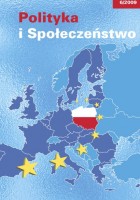
Within the libertarian political philosophy, Friedrich von Hayek’s theory of spontaneous order and James Buchanan’s constitutional political economy represent – respectively – evolutionary and constructivist models of non-discriminatory democracy. A moral order postulated by Buchanan is a consciously built legal-institutional system which functions in a mode typical of free market copuled with norms laid down in a constitutional covenant. Hayek, in turn, believes sources of social creativity to reside not in rationalist arrangements but rather in spontaneous evolutionary forces and moral values which shape rules of just conduct in his Great Society. Although Hayek’s conception of the rule of law and Buchanan’s consitution explain the nature of social institutions in two different manners, they are correlated in terms of general principles to foster liberal society. Both of them favour a limiting approach to democratic institutions in order to protect rights and liberties of the individual and to ensure a nondiscriminatory distribution of public goods.
More...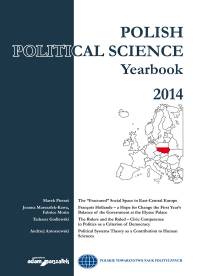
In this paper we would like to present a certain philosophical concept, which may be related to some contemporary philosophical controversies (and to political philosophy’ controversies included) concentrated around such problems as, the meaning of metaphysics and as the understanding of freedom. We are going also to say a word about the particularity of the philosophical understanding of reality, including the status of intention for agreement. The concept we present further for additional foundation of the Habermas’ idea of communicative action is a compound of metaphysics itself, and of our own concept of metaphysics, and of the two particular questions – interpretation of Plato’s philosophy as well as interpretation of the Biblical message about anthropogenesis.
More...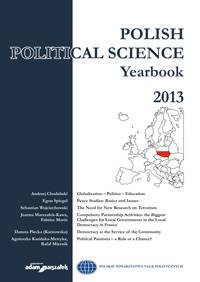
Andrzej Wierciński (1930–2003) wrote that the period Enlightenment (he did not use the term, however) saw the separation of philosophy and religion as a consequence of the development of empirical sciences, mathematics and logic. The rationalised philosophical world-model was advanced to the rank of an ICS [Ideological Control Subsystem]. Its institutional carriers were bourgeois groups and political parties which caused the first breakdown in the feudal system during the French and American Revolution.
More...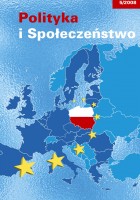
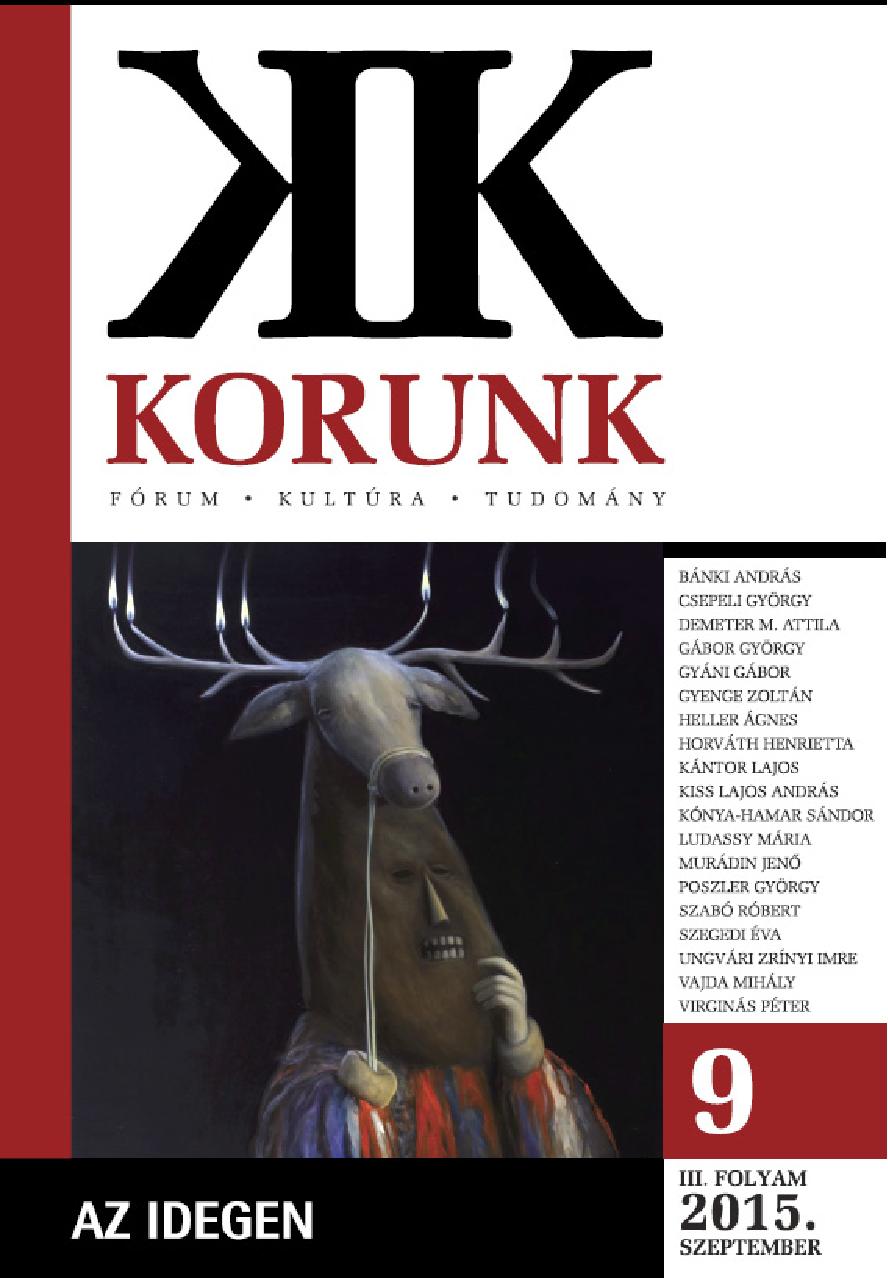
Using some concrete examples, in my study I try to analyze the political challenges which derive from the presence of immigrant (mostly Muslim)communities in European countries. My aim is not primarily to understand the specific religious identity of those communities, but to analyze our own political identity, in other words, the political identity of European societies. I seek an answer to the following question: which are the unquestionable political values or principles we have to insist upon during our dialogues with immigrant communities, and which are the ones which we could bargain about. The second and final part of my study is critical, and examines the causes of the failure of European multiculturalism. My point of view is that the success of the dialogue between European societies and immigrant communities is threatened, among other factors, by our unconditioned attachment to some values and principles which are seen to be inseparable elements of our democratic political culture(for example, the doctrine of human rights), but which deprive the dialogue between cultures not only of legitimacy,but also of any reason and meaning.
More...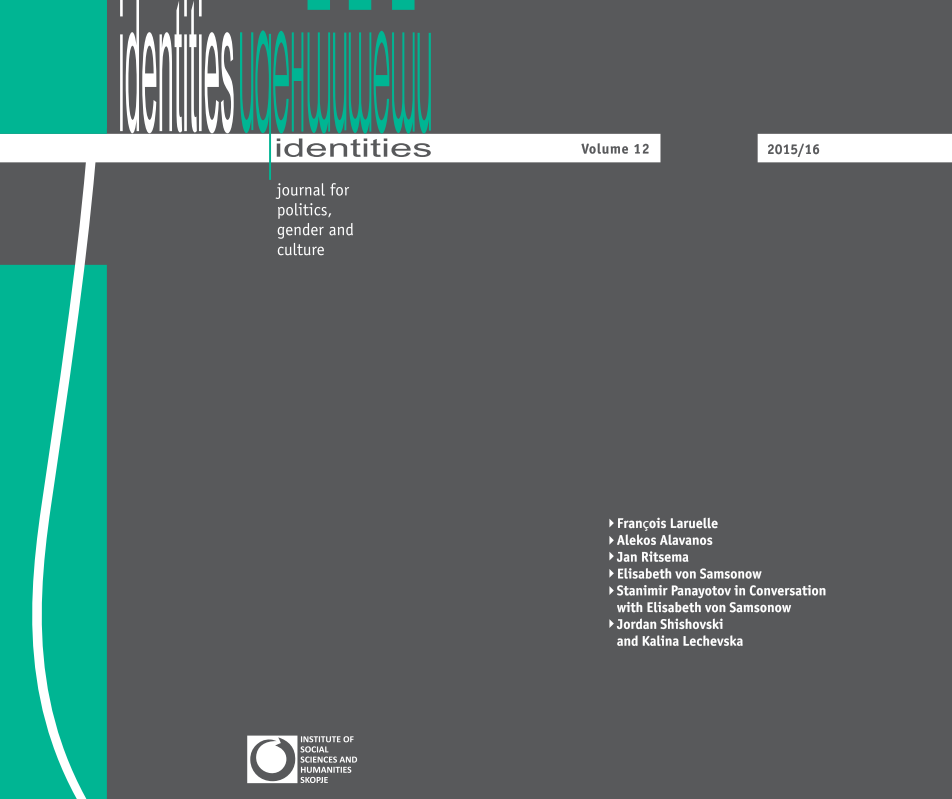
Elisabeth von Samsonow, artist and philosopher, is Professor of Philosophical and Historical Anthropology at the Academy of Fine Arts, Vienna, and Visiting Professor at the Bauhaus University Weimar (2012-2013). She is a member of GEDOK Munich, foreign correspondent for Multitudes and editor of Recherche. Her teaching and research focus on collective memory, the relationship between art and religion, sacral and profane androgyny, and the dissolution of the modern self. Her work as an artist is concerned with the systematic and symbolic place of sculpture in the framework of contemporary multimedia. This article is based on a paper delivered at Accelerationism: A Symposium on Tendencies in Capitalism, Berlin, 14 December 2013, curated by Armen Avanessian and Matteo Pasquinelli.
More...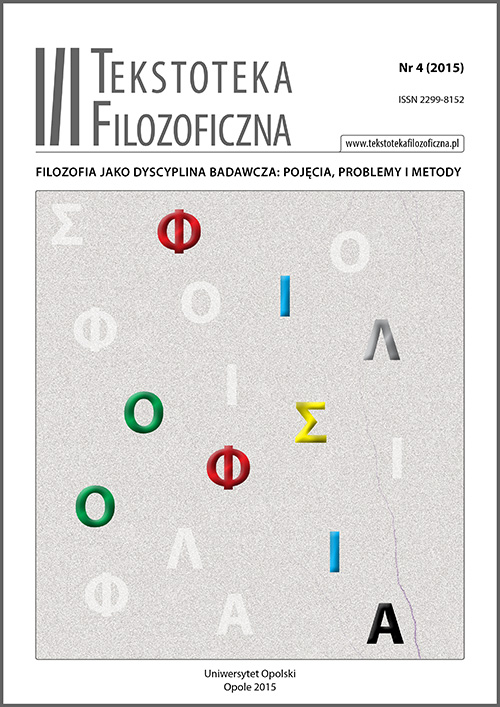
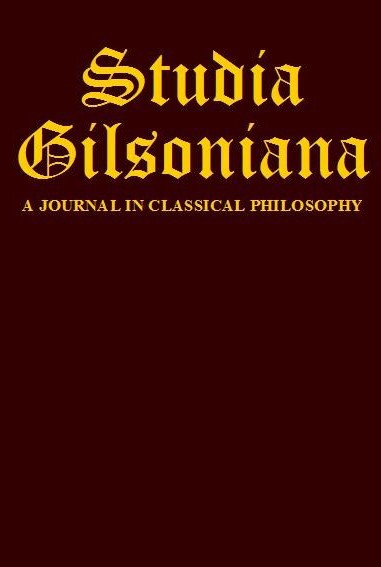
James Wilson (1742–1798), lawyer, Justice of the first Supreme Court of the United States, and Constitutional Framer argued, as did Étienne Gilson, that a citizenry who have adopted philosophical skepticism will lose their political freedom, as self-rule requires that citizens be able to reason rightly about the natural law. He advocated a common sense philosophical education in natural law for all lawyers, so that they might know the first principles of moral reasoning.
More...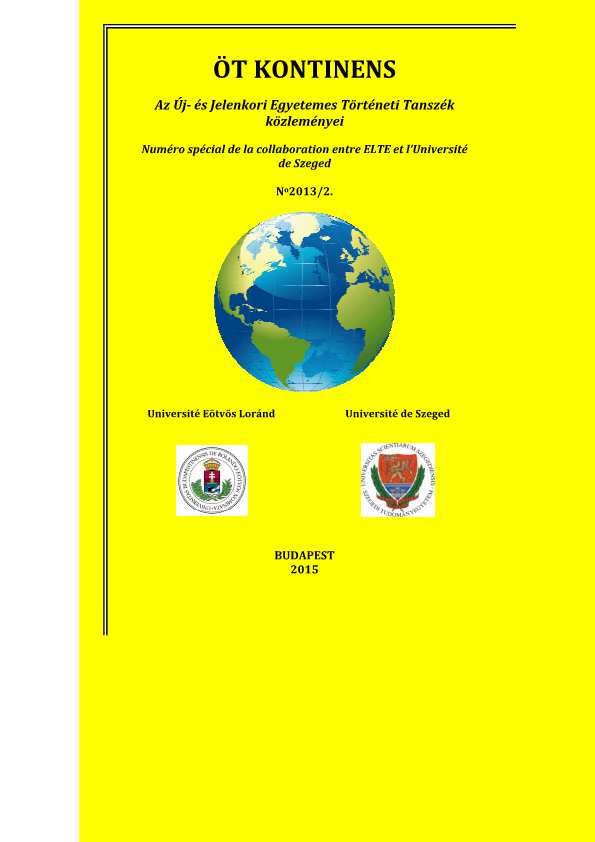

The presented article on Meta - dialectical method is a result of research of meta logic and present an extension of the classical Dialectic methodology. It has been found that such a redefinition of the dialectic methodology can be described as a Dialectic Relationism which includes in itself the principle of General System Theory. Relationism of dialectic orientation, better explains the natural and physical phenomena than the more generally defined Classical dialectic. The formulated dialectical relationism includes the new dialectical principles which are: 1. inseparability of the fundamental elements of the relation, and 2. the irreducibility of the fundamental relation containing the inseparable elements. Thus the basic relation becomes more fundamental category of the non-separable basic elements. Applying the relationism to the Ontology for resolving the most fundamental paradox or basic question "Why is there anything at all?“ we are able to provide an answer to that basic question. By applying the methodology of the reduction to the absurd (on the question of "Why anything exist in relation to Nothingness?“(oppositional dialectic form) ) , we had derived to the conclusion that, "Nothingness" (as a pole opposite to Everything) is impossible per se (the poles / elements are inseparable i.e. Something always must exist, because the basic relation is irreducible and elements (Nothing, Everything) are inseparably linked. This is similar to the quantum physics where quantum interactions are irreducible. In social and political sciences relationism provides for redefining the basic concepts and processes. The presented article among other explanations, gives the example of Serbian democratization, where on the process of democratization of the system in addition to the internal variables, had been under important influence of the international relationistic variables, that provide the general framework for all political processes including democratization.
More...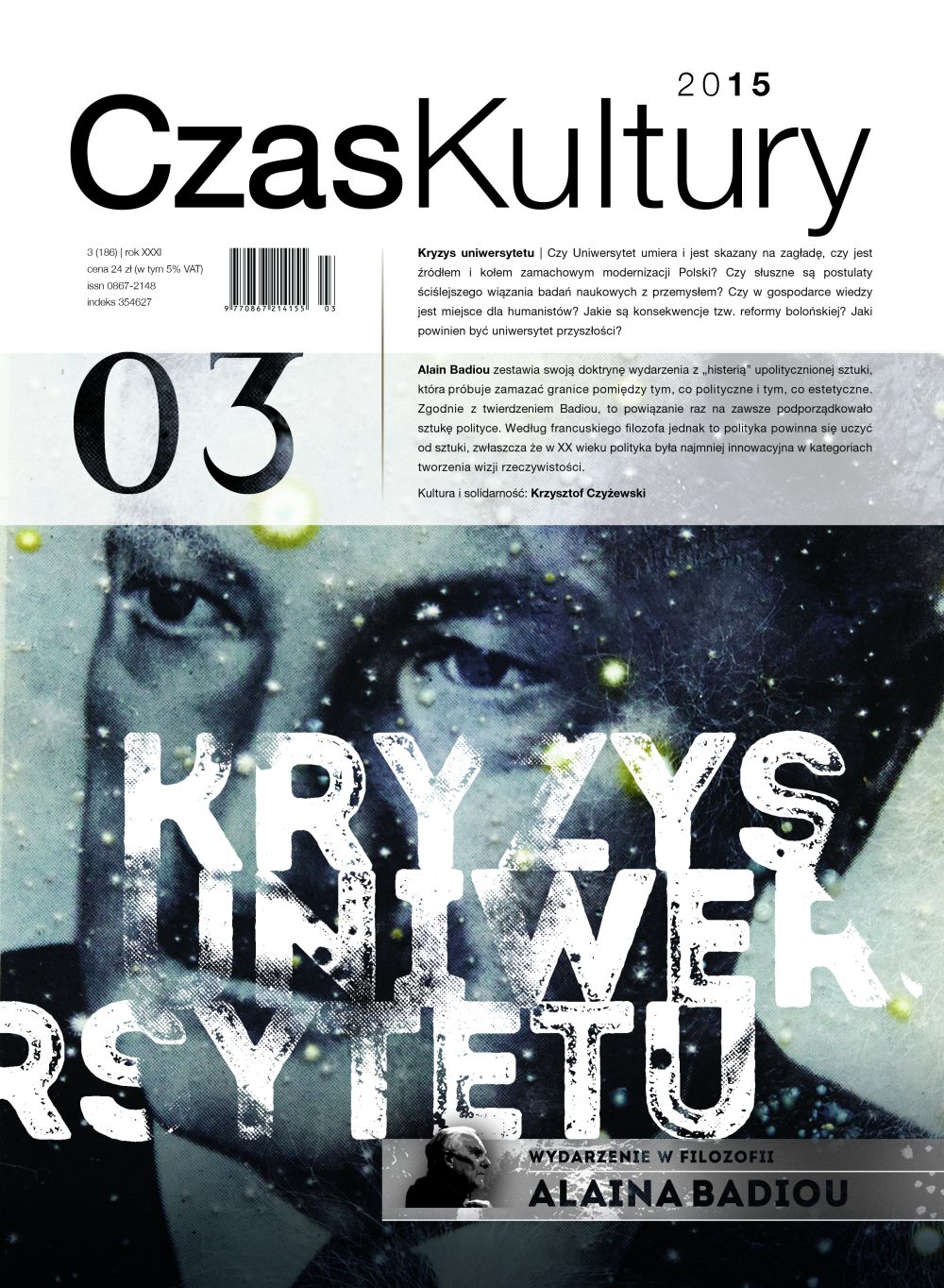
The article discusses the artistic work of Alain Badiou, a philosopher and political activist. The text highlights Badiou’s surprising combination of modes of existence – the artist and the lover. Long before he earned acclaim for his philosophical doctrine of events, he published several short stories and popular plays, which penetrated into the bloodstream of his philosophical doctrine in many amazing ways.
More...
The article compares the doctrine of events and the “hysteria” of politicized art, which attempts to circumvent the miracle of creation, blurring the boundaries between what is political and what the aesthetic. This link permanently subordinated art to politics, leading art to function in subservience to the demands of politics. Yet, politics should also learn from art, especially since twentieth-century politics was the least innovative in terms of creating a vision of reality. It is therefore worth moving back towards prepolitical work on the subject of truth, looking at ways in which art can make sense of the non-places from which emerges all creativity.
More...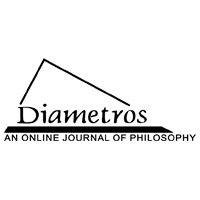
The aim of the article is to compare the ideas of Herbert Marcuse and Michel Foucault. In his works Marcuse focused on the excluded social circles. Their revolt against the establishment shook up the normative foundations of the social order in the 1960s and the 1970s, which finally led to a cultural revolution. Inspired by these social changes, Foucault was interested in the effects of this revolution at the epistemological and moral level. He recognized that the actions of the excluded circles weakened the institutional order which hitherto tempered the development of the alternative forms of knowledge and lifestyle in the western culture. Hence the contemporary western culture is a place of relentless conflicts between different values and conceptions of truth, but also a place of unique tolerance and a variety of lifestyles.
More...
The article deals with selected problems related to the postulates of equalizing the level of positive liberty. The classic understanding of individual freedom as negative freedom, identified with the lack of compulsion, can be opposed to the so-called positive liberty. The latter notion is usually defined in terms of ability, which suggests that there is a relation between the concept of freedom and the concept of power. The postulate of equality with regard to the ‘freedom to’ would occasionally justify social redistribution of goods. The cases of voluntary and compulsory donation are considered in the text the aim of which is to picture the consequences resulting from the compulsory expansion of the scope of positive liberty. Moreover, an attempt to compare the significance of both types of liberty, with a special emphasis on the moral context, has also been made.
More...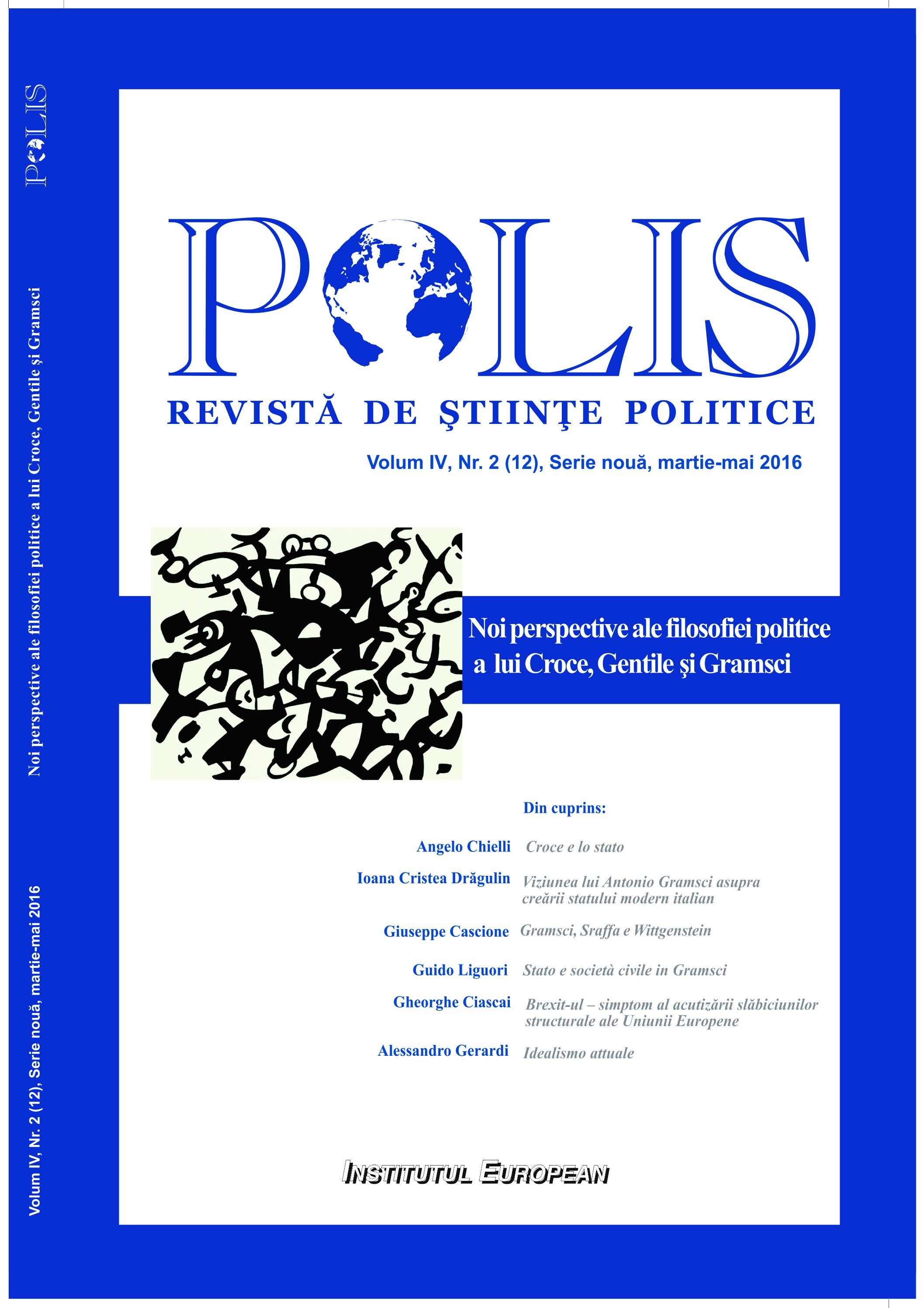
The essay traces some essential guidelines on the relationship between Gramsci, Sraffa and Wittgenstein. This connection is controversial, partly because Wittgenstein and Gramsci have never met eachother, but only by the friendship with Sraffa.
More...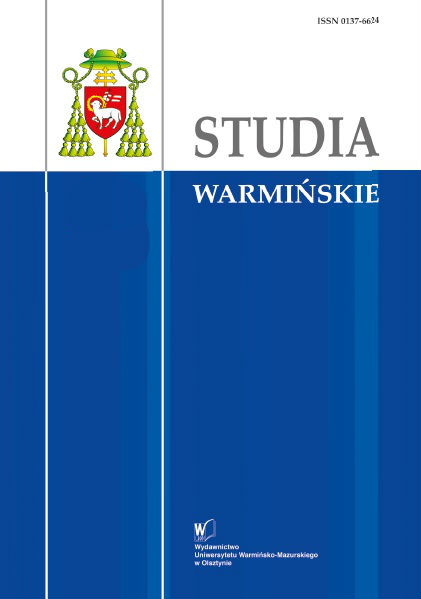
After 30 years, the issue of globalization in the modern scientific discourse remains relevant and significant. In this study, the author reflects on the conformity of modern global society to the classical criteria of fairness. Based on the scientific expertise U. Beck and Z. Bauman carried out a detailed analysis of the controversial aspects of modern transnational community.
More...